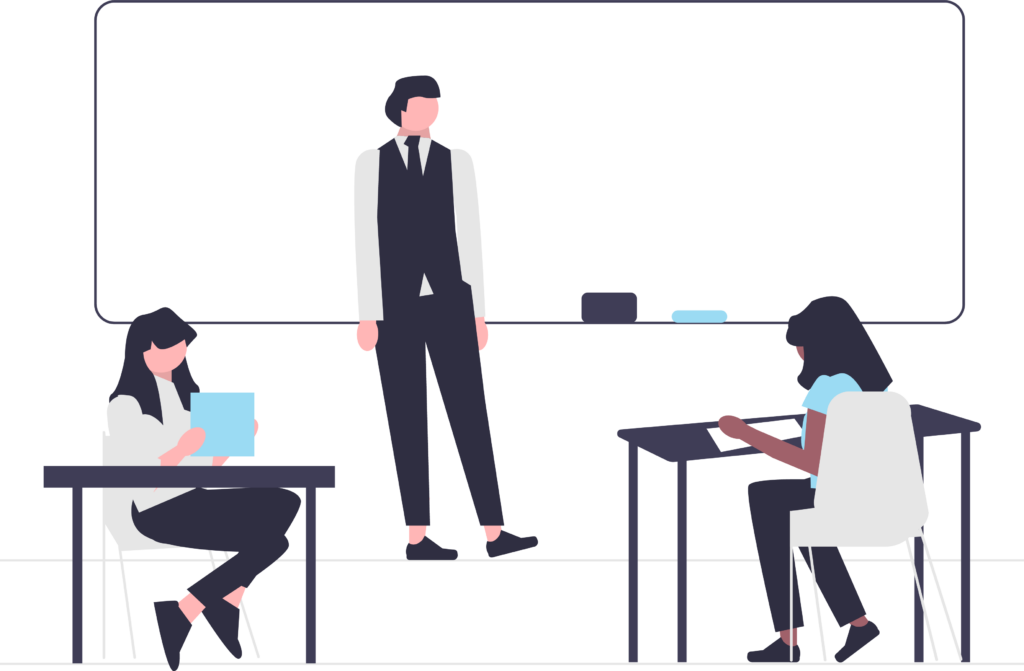“Why does college make sense for me?”
You make a major life decision when you’re still a teenager and high school student.
For some people, this is exciting. For others, it’s stressful. And for many, it’s a little of both.
When students may not yet know what they want to do in their career, and with financial concerns front of mind for so many, families across Wisconsin and throughout our country find themselves as a crossroads: Does college make sense for me?

The Data is Clear
A college education remains one of the best investments you can make in yourself and your future.
At a time when the cost of college can be a barrier for families, and there are some good career pathways that don’t require a degree, it’s understandable that students and families would at least consider other options.
The data shows that a college degree continues to pay off over the course of your career. Bachelor’s degree holders earn a median career income of $2.8 million, which is 75% more than those with only a high school diploma. Median lifetime earnings for full-time workers vary: $1.6 million for high school diploma holders, $2 million for associate’s degree holders, $3.2 million for master’s degree holders, $4 million for doctoral degree holders, and $4.7 million for professional degree holders. Source: Georgetown University Center on Education and the Workforce.


The highest-paying careers still require a degree
And when economists look to the future, both in Wisconsin and across the country, they only see this trend increasing. Although a majority of the state’s expected job openings through 2030 do not require a college degree or credential, nearly two-thirds do in occupations with median wages of $50,000 or more. That is likely to increase in the future, as occupations that require higher education are expected to account for a disproportionate share of new higher-paying jobs.
— “The Value of Higher Education,” Wisconsin Policy Forum
In a changing world, the best-prepared minds will stay ahead
The way we interact with one another is constantly evolving, and how we use technology seemingly changes by the minute. While no one can truly know what the job market of the future has in store for the next generation of workers, we do know that you don’t have to prepare for it alone. In an uncertain future filled with opportunities and challenges, a college education shows you how to be ready for change.


Collaboration is king
While movies and shows often portray offices as places where aggressive attitudes, backstabbing and cutthroat competition is the norm, that’s not how it works in the real world. In today’s workplace, being a good collaborator is one of the most reliable indicators of success. And a college campus is perhaps the best place to learn critical thinking skills, and how to interact with people from different backgrounds with different perspectives. And, by the way, all of these same skills will serve you well in your life outside of work, too.
HERA can help
These are the things we think about every day at the 17 Southeastern Wisconsin higher education institutions that partner through HERA. While college is a significant investment, you might be surprised when you realize the value — and return on that investment — you’ll receive when you choose a HERA school to take the next steps in your life and in your career. And you don’t have to “know someone” to get accepted – we’re here to proudly serve all of our community.


